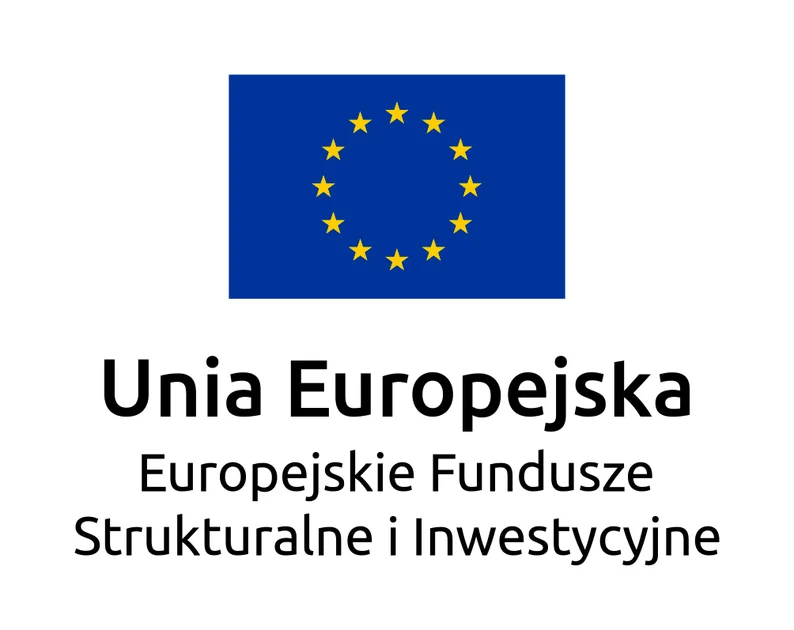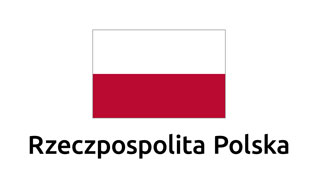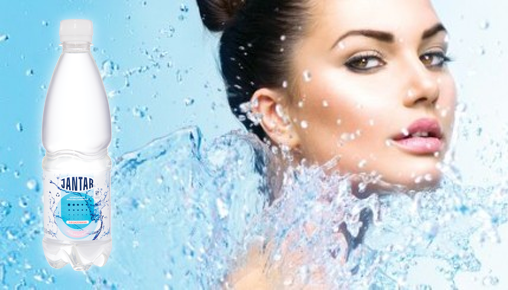Water and Obesity

Water consumption can help in weight reduction.
Negative calories?
One of the main problems of the modern medical world is obesity, which has become an epidemic in recent years. Obesity in both adults and children is a serious problem with significant health consequences. Research from 2014 shows that in Poland there are 15.6% of obese women and 18.1% of obese men. However, a much larger group is affected by the problem of being overweight (Body Mass Index > 25kg/m2 -1), because this group is 30.1% of women and 44.1% of men, which, in comparison with the research from 2004, indicates that the group of people among both women and men has more than doubled (14.2% in women and 19.8% in men, respectively). The problem of overweight and obesity also affects children. Depending on the age and gender of the children, these values are variable, the percentage of overweight and obese youth decreases with age. Among 11-year-olds it was 31% for boys and 21% for girls, among 13-year-olds it was 26% and 13%, respectively, and among 15-year-olds it was 22% and 7%, respectively. Overweight and obesity were much more common among boys (19.2%) than girls (10.4%) (data: Sejm Analysis Office, March 15, 2017).
Obesity is currently classified as a disease that significantly strains the body’s physiological functions and is a risk factor for the development of: cardiovascular diseases, type 2 diabetes, osteoarthritis, and is also a risk factor for the development of some cancers.
As research shows, drinking water can stimulate the activity of the sympathetic nervous system, which theoretically leads to an increase in the metabolic rate (postprandial thermogenesis – related to the digestion process) and, consequently, to an increase in daily energy expenditure. Although the concept of stimulating thermogenesis by drinking water is controversial, drinking plenty of water is widely recommended as a means of helping with weight loss.
In an experiment conducted among overweight women (1), scientists showed that activation of the sympathetic system (part of the nervous system) after drinking water can increase resting energy expenditure by up to 30% and persist for over an hour. However, drinking warm water that has been heated to 37°C weakens this reaction. This has led to the suggestion that the increase in energy expenditure following water consumption may be partially attributable to the energetic cost of heating the water to body temperature. After calculating these phenomena, a general conclusion was presented, in which the authors wrote that increasing the water supply by 1.5 litters per day increased energy consumption by approximately 200 kJ/day, or ~50 kcal.
Yet another study assessing the effect of drinking water on resting energy expenditure in overweight children confirmed these studies (2) and showed that for 40 minutes after drinking 10 ml/kg of body weight of cold water, the resting energy conversion increased by 25%. However, the concept of water-induced thermogenesis remains controversial. Several other publications show that drinking water has little or no effect on increasing the energy demand associated with thermogenesis (3).
Summary
Nutritional awareness among society is increasing, but obesity is still a major public health problem and affects increasingly younger age groups. It is possible that the scientific world remains split on the question of how to stimulate energy expenditure by drinking water, but in most cases – you can never have too much water. It is worth paying attention to good quality water, which will provide valuable minerals such as iodine, bicarbonates, calcium, magnesium, sodium and potassium. Jantar water perfectly fits the definition of water that perfectly hydrates and provides the necessary electrolytes, while remaining extremely clean. The minerals found in water are mainly in the form of ions, which have very good bioavailability for the body.
The hunger centre and the thirst centre are located very close to each other in the brain and sometimes we have trouble distinguishing the correct signal from the body. Maybe instead of eating another donut – just drink Jantar Water? As it turns out, based on scientific research, water can be a product that has negative calories and accelerates weight loss!
Based on:
- Vinu Ashok, Kumar Vij, Anjali S. Joshi. Effect of excessive water intake on body weight, body mass index, body fat, and appetite of overweight female participants. J Nat Sci Biol Med. 2014; 5(2): 340–344.
- Dubnov-Raz G, Constantini NW, Yariv H, Nice S, Shapira N. Influence of water drinking on resting energy expenditure in overweight children. Int J Obes (Lond). 2011; 35(10): 1295-300.
- Brown CM, Dulloo AG, Montani JP. Water-induced thermogenesis reconsidered: the effects of osmolality and water temperature on energy expenditure after drinking. J Clin Endocrinol Metab. 2006; 91(9): 3598-602.








